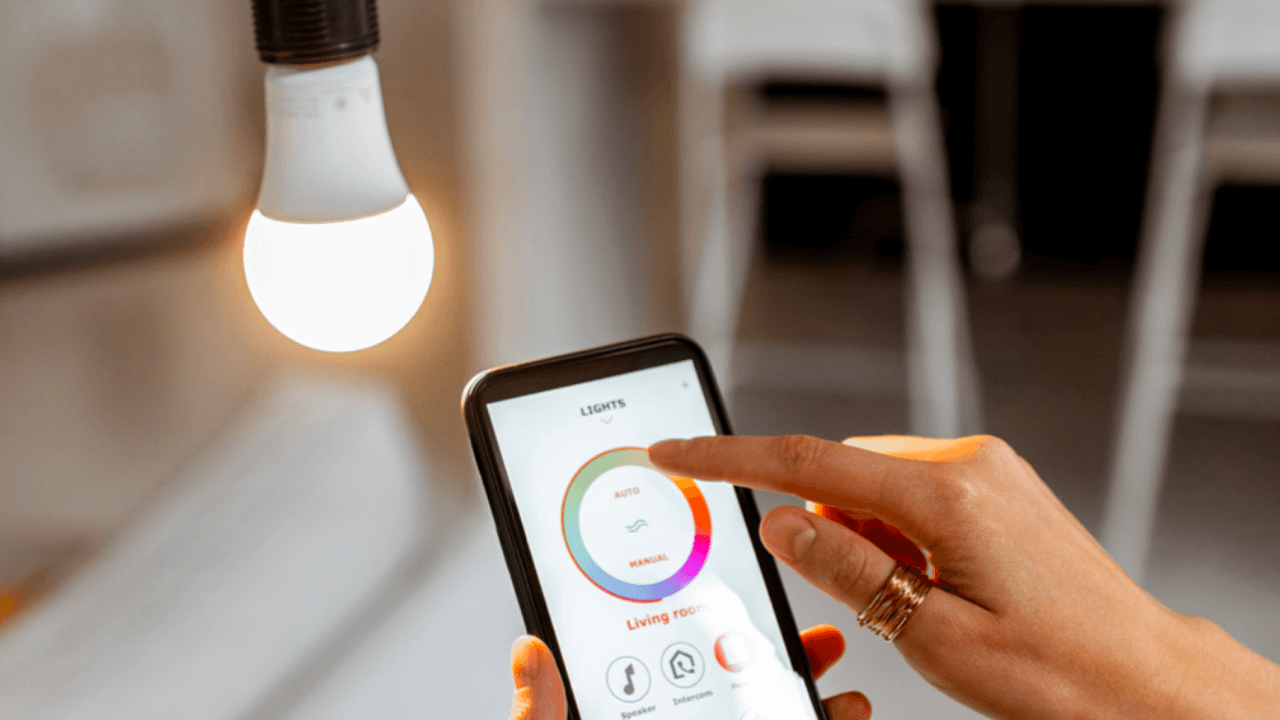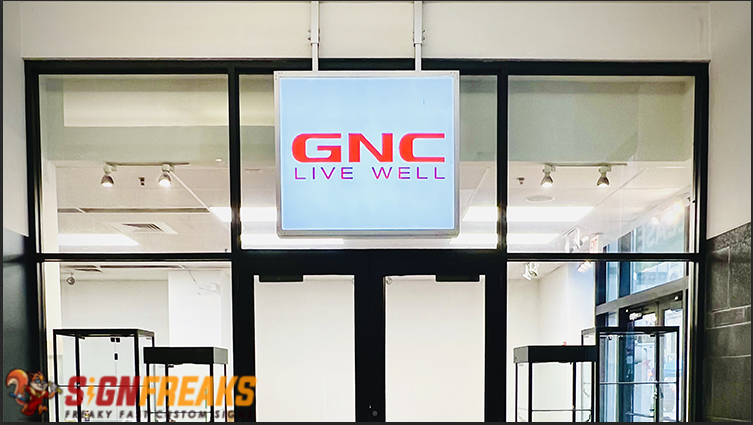Smart city healthcare is revolutionizing the way healthcare is delivered in urban areas by leveraging innovative technologies to improve access and quality of care. These technologies use advanced data analytics, mobile apps, and telemedicine solutions to enhance the delivery of healthcare services. Here are some ways that smart city healthcare is improving access and quality of care:
- Telemedicine: Telemedicine solutions enable patients to consult with healthcare providers remotely through video conferencing or mobile apps. This technology helps bridge the gap between patients and healthcare providers, particularly in areas with limited healthcare resources or in situations where physical contact is not possible.
- Remote Patient Monitoring: Remote patient monitoring uses sensors and wearables to collect real-time data on a patient’s health status. This data can be used to monitor chronic conditions, identify potential health issues, and provide early intervention to prevent serious health problems.
- Predictive Analytics: Predictive analytics uses artificial intelligence and machine learning algorithms to identify potential health risks and predict health outcomes. This technology can be used to develop personalized treatment plans and preventative measures that can improve health outcomes and reduce healthcare costs.
- Mobile Health Apps: Mobile health apps enable patients to access healthcare services, monitor their health status, and manage their medical records using their smartphones. These apps can provide patients with real-time access to healthcare providers, appointment scheduling, prescription refills, and other healthcare services.
- Health Information Exchanges: Health information exchanges enable healthcare providers to share patient data and medical records securely across different healthcare systems. This technology can improve coordination of care, reduce duplication of medical tests, and improve patient outcomes.
- Wearable Devices: Wearable devices such as smartwatches and fitness trackers can provide patients with real-time data on their health status, including heart rate, blood pressure, and physical activity. This information can be used to monitor chronic conditions, identify potential health issues, and provide early intervention to prevent serious health problems.
- Smart Hospital Management: Smart hospital management solutions use data analytics and automation to optimize hospital operations and improve patient care. This technology can improve patient flow, reduce wait times, and improve patient outcomes.
In conclusion, smart city healthcare is improving access and quality of care through innovative technologies that enable remote consultation, remote patient monitoring, predictive analytics, mobile health apps, health information exchanges, wearable devices, and smart hospital management. By leveraging these technologies, cities can improve health outcomes, reduce healthcare costs, and provide more equitable access to healthcare services for all residents.










